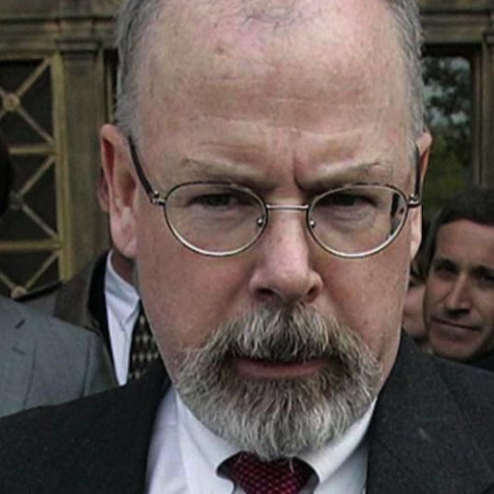John Bellinger: If the War Is Illegal, Just Change the Law
John Bellinger has been publicly suggesting the Obama Administration had exceeded the terms of the AUMF for some time. So it is unsurprising that he took the opportunity of a Republican House, the incoming Armed Services Chair’s explicit support for a new AUMF, and the Ghailani verdict to more fully develop his argument in an op-ed. It’s a well-crafted op-ed, such as in the way it avoids explicitly saying the government has been breaking the law in its pursuit of terrorism, when he pretends the only people we’ve been targeting in Pakistan, Yemen, and Somalia are al Qaeda leaders.
The Bush and Obama administrations have relied on this authority to wage the ground war in Afghanistan; to exert lethal force (including drone strikes) against al-Qaeda leaders in Pakistan, Yemen and Somalia; and to detain suspected al-Qaeda and Taliban members in Guantanamo Bay, Cuba, and Afghanistan.
In fact, the targets include a heck of a lot of grunts and many people with terrorist ties, but not direct affiliation with al Qaeda. Oh, and a bunch of civilians, but I guess we’re to assume the government just has bad aim.
Then there’s this game attempt to pretend that everyone will find something to love in the Forever War.
Nearly 10 years after the Sept. 11 attacks, the Obama administration, congressional Republicans and Democrats, and civil liberties groups all have an interest in updating this aging legislation. Republicans should be willing to help the president ensure that combatant commanders and intelligence agencies have ample legal authority to kill or capture terrorists who threaten the United States today. Many Republicans also want to give clearer statutory direction to federal judges regarding who may be detained and for how long. For their part, civil liberties groups and their Democratic supporters in Congress can insist that terrorist suspects who are U.S. nationals receive additional protections before being targeted and that persons detained now or in the future under the laws of war have a right to adequate administrative or judicial review.
As if Republicans weren’t already clamoring for more war and more war powers. As if there would be any doubt that Republicans would answer the “who may be detained and for how long” with any answer but, “Forever War, Baby!” As if dubbing the new AUMF “the al-Awlaki and PETA law”–putting some limits on the targeting of American citizens that presumably already exist–would be enough to entice civil libertarians (whom, Bellinger seems to suggest, only have support among Democrats).
And did you notice how Bellinger slipped in giving intelligence agencies the legal authority to kill terrorists? One of the problems–though Bellinger doesn’t say this explicitly–is that we’re increasingly using non-military personnel to target drones, which raises legal questions about whether they’re not unprivileged combatants in the same way al Qaeda is.
In any case, the lawyer did his work on this op-ed.
But here’s what I find to be the most interesting detail in it:
For at least five years, lawyers in and outside the Bush and Obama administrations have recognized the need to replace this act with a clearer law. The Bush administration chose not to seek an update because it did not want to work with the legislative branch.
Which I translate to read, “Back in 2005, several lawyers in the Bush Administration and I [I’m assuming Comey and Zelikow and Matthew Waxman] told the President he was breaking the law and should ask for an updated AUMF. But in spite of the fact that Congress was at that very moment passing the Detainee Treatment Act, the Bush White House claimed it couldn’t work with Congress to rewrite the AUMF to try to give the war they were already fighting some legal cover.”
Though of course, in 2005, Bush’s lawyers may have been trying to pretty up the fact that their illegal wiretap program–which constituted the use of military powers within the United States against US citizens–some kind of pretty face before it was exposed.
We’ve been fighting the Forever Whoever War since at least 2005. And now this clever lawyer wants to make sure the Forever War is legally sanctioned for the foreseeable future.

